News - Advertising
Hala Tfayli: ‘We’re open to everything and we question everything’
by Ghada Azzi
October 26, 2019
.jpg) Advertisement
AdvertisementTalk a little about your background and how it led to your current role?
My career path is slightly different from the typical advertising agency founders in the sense that I come from the client side, while it is usually the other way around.
My last job was head of marketing in an architecture and engineering consultancy in Kuwait, where I spearheaded the company’s expansion into the Middle East and had to deal with each market as a separate new client.
I decided to move to Beirut in 2017 and felt it was the right time to quit the corporate world and start my own business; I’ve been in marketing since I graduated from AUB with a BA in economics.
What galvanized you to start The Channel?
My decision to launch my own agency became really valid when I partnered with Paul Akiki who, unlike me, is coming from 22 years in multinationals across the region such as BBDO and Leo Burnett… and former founding member of BBDO Abu Dhabi.
Once we combined strategy with creativity, we began challenging the big boys and have won some cool battles along the way.
Do you believe that the traditional agency model has become outdated and irrelevant?
Creativity, agility and realistic pricing models are key factors, which will determine any agency’s survival.
Most agency models, in my opinion, are tackling two out of the three factors. And you just can’t keep the table standing on two feet.
Boutique agencies are believed to have an innovative culture and a sociable team environment…Tell us about the creative culture at your agency.
We work with anyone who is creative and can contribute with ideas in their own respective field. Even more interestingly, across fields.
Both my partner and I encourage everyone to ‘think like the landlord’. The question is not ‘what the team should do’. More like ‘what wouldn’t you do if it were your agency’. We were lucky to attract like-minded people, most of whom are fresh design graduates who come with an open mind and enthusiasm. They grew with us and are now essential members of our team. Of course every member has a fundamental role they are expected to play. But beyond that, the more we each stretch our skills, the more resilient and coherent the fabric of the agency becomes.
“Both my partner and I encourage everyone to ‘think like the landlord’.”
Small agencies are likely to work on a range of small clients with a great focus in specialist area and usually lack scale and resources to cater big brands. What’s your take on this?
We started with small-scale clients, some startups and others who have small budgets that matched our offering back then. We had to start somewhere and it was a great start for an agency our size. As our clients started asking for more attention and more work, we started to evolve along with their needs, irrespective of their size or industry.
We are currently catering to markets outside Lebanon, mainly Dubai and Kuwait with sizable brands such as VIVA, Yasmin Farms, Mentor Arabia, Tamam Digital Banking, Majid Al Futtaim and many others.
What has been your agency's best work in the last year?
Some of our best work is yet to go out there and is meanwhile confidential.
That said, we were lucky to work on amazing brands and causes such as Mentor Arabia’s Power of Prevention Campaign.
We also worked with Zain Group on the branding and relaunch of their new digital banking app in KSA, Tamam, an online financing platform that offers short term loans, to name a few.
Do you feel there is a local advertising culture you belong to?
Culture is all around us, especially in the communications world, wherever we look for it. The problem is, with the vast media expansion, everyone is exposed to the good, the bad and the ugly. But there’s one main cultural quality we aim to bring to the table: data, numbers and figures are a great servant, but a bad master. I cannot highlight this enough.
Any decision a person takes can be post-rationalized. But for us, it doesn’t always have to make sense, numerically speaking. Otherwise, a brand like Red Bull, which is three times more expensive than a Pepsi or Coke (while being in a smaller can!) would never have had wings, leave alone had the power to soar.
Where would you like The Channel to be five years from now?
I don’t have a 5-year plan. I believe that The Channel is yet to assume its final shape or identity. And for us, that’s not a bad thing. Paul and I have been lucky to share one fundamental thing: Faith. Faith in what we’re doing. We’re open to everything and we question everything, be it data, AI, behavioral science, creativity, strategy, and what we’re going to have for lunch… It’s exhausting but it’s a game well worth playing nevertheless.


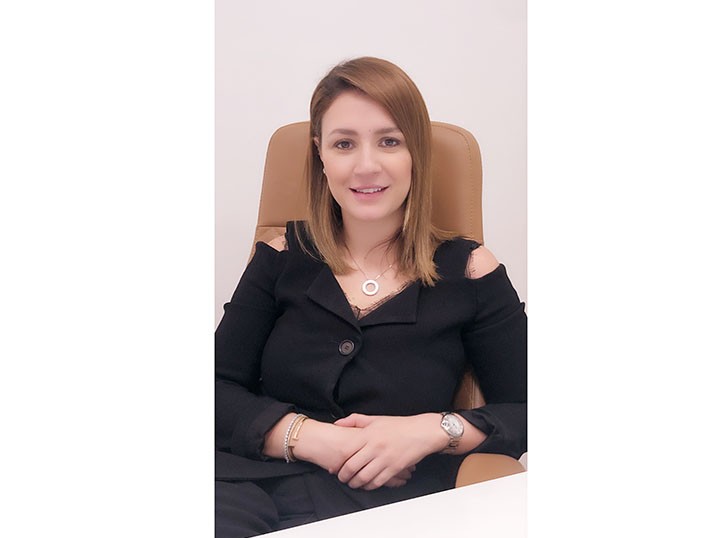
.jpg)
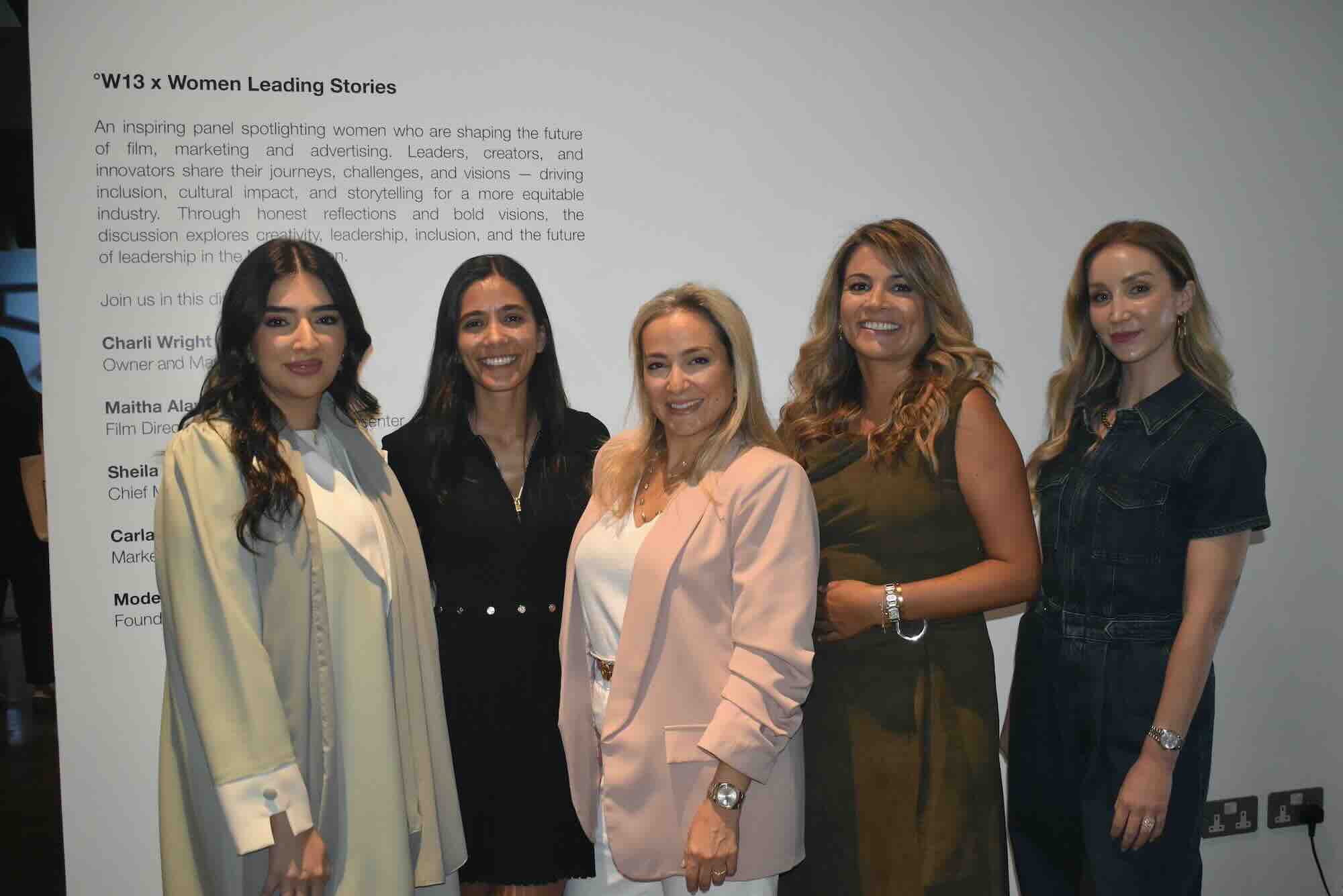
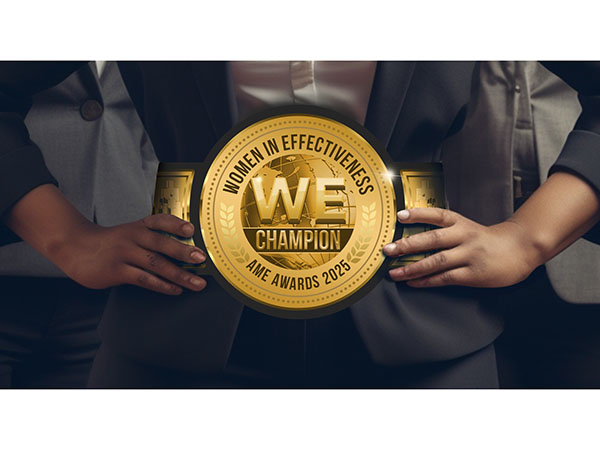
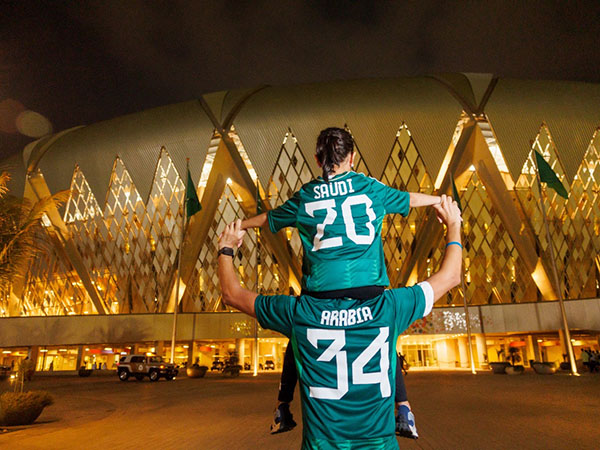
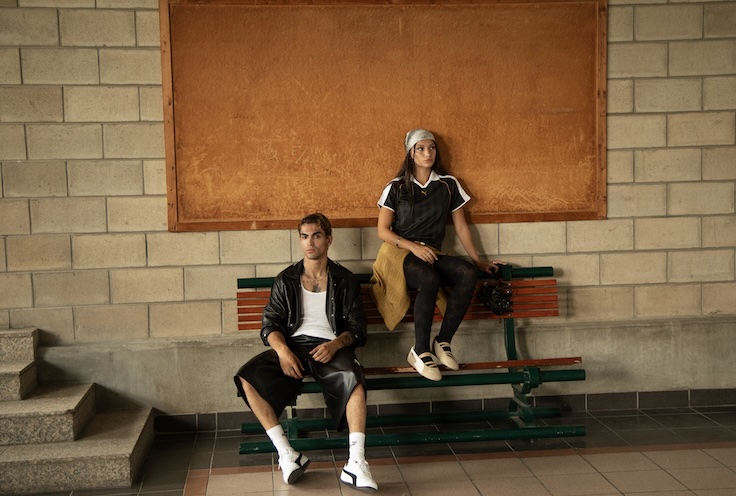
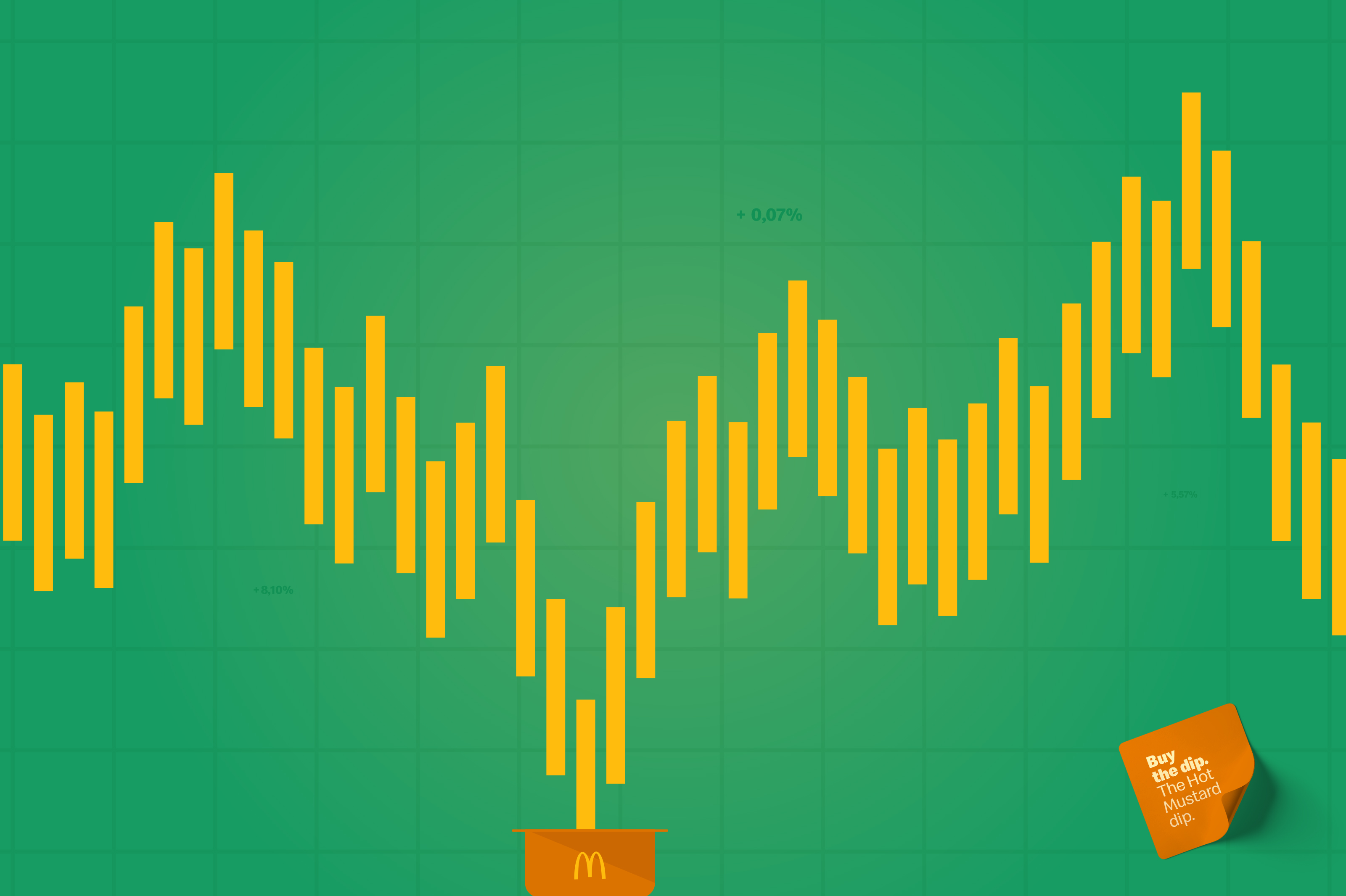
.jpg)




